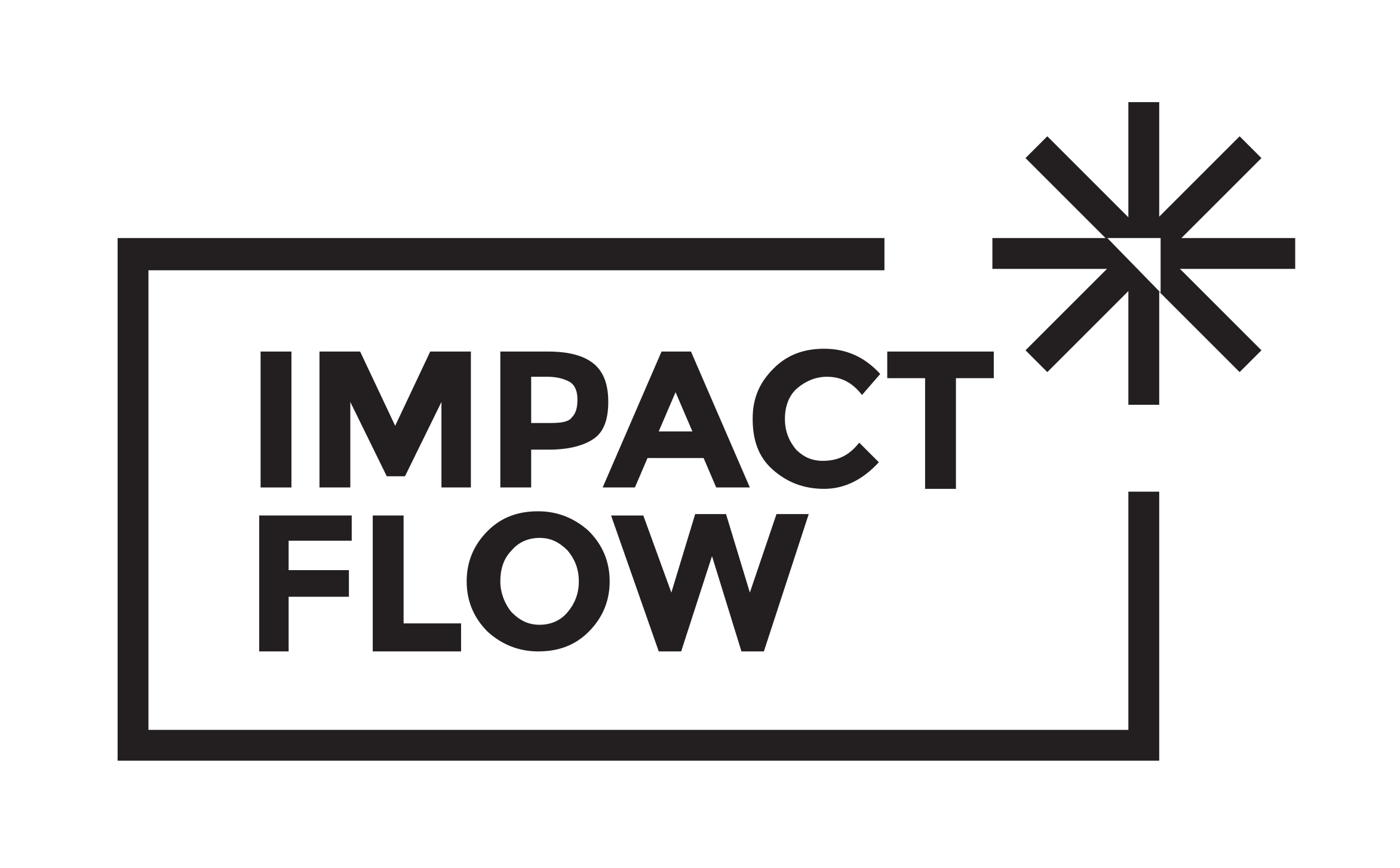
การส่งเสริมเขตอนุรักษ์ทรัพยากรทางทะเล
การ่งเสริมเขตอนุรักษ์ทรัพยากรทางทะเล เป็นโครงการที่มุ่งเน้นให้ชุมชนประมงชายฝั่งสามารถพัฒนาจัดการทรัพยากรหน้าบ้านตนเองโดยผ่านการทำเขตอนุรักษ์และสร้างเครื่องมือในการวัดผลความสำเร็จของชุมชนในการทำเขตอนุรักษ์แต่ละพื้นที่ เพื่อดูการเพิ่มขึ้นของสัตว์น้ำในบริเวณที่ประกาศเป็นเขตอนุรักษ์รวมทั้งมีการส่งเสริมในเรื่องการตลาดของชุมชนเพื่อเพื่มรายได้ของครัวเรือน
: 12
: 1,900,000.00
: เสาวลักษณ์ ประทุมทอง
(ผู้ประสานงานโครงการ)
เพื่อพัฒนาเขตอนุรักษ์ทรัพยากรทางทะเลของประมงชายฝั่ง
14.1 By 2025, prevent and significantly reduce marine pollution of all kinds, in particular from land-based activities, including marine debris and nutrient pollution
14.2 By 2020, sustainably manage and protect marine and coastal ecosystems to avoid significant adverse impacts, including by strengthening their resilience, and take action for their restoration in order to achieve healthy and productive oceans
14.3 Minimize and address the impacts of ocean acidification, including through enhanced scientific cooperation at all levels
14.4 By 2020, effectively regulate harvesting and end overfishing, illegal, unreported and unregulated fishing and destructive fishing practices and implement science-based management plans, in order to restore fish stocks in the shortest time feasible, at least to levels that can produce maximum sustainable yield as determined by their biological characteristics
14.5 By 2020, conserve at least 10 per cent of coastal and marine areas, consistent with national and international law and based on the best available scientific information
14.6 By 2020, prohibit certain forms of fisheries subsidies which contribute to overcapacity and overfishing, eliminate subsidies that contribute to illegal, unreported and unregulated fishing and refrain from introducing new such subsidies, recognizing that appropriate and effective special and differential treatment for developing and least developed countries should be an integral part of the World Trade Organization fisheries subsidies negotiation
14.7 By 2030, increase the economic benefits to Small Island developing States and least developed countries from the sustainable use of marine resources, including through sustainable management of fisheries, aquaculture and tourism
เพื่อพัฒนาเครื่องมือสำหรับวัดผลจากการทำเขตอนุรักษ์ทรัพยากรทางทะเล
เพื่อพัฒนาเศรษฐกิจฐานรากของชุมชนประมงชายฝั่ง
8.1 Sustain per capita economic growth in accordance with national circumstances and, in particular, at least 7 per cent gross domestic product growth per annum in the least developed countries
8.5 By 2030, achieve full and productive employment and decent work for all women and men, including for young people and persons with disabilities, and equal pay for work of equal value
| อธิบายเขตระบบนิเวศ (ecoregions) ที่องค์กรแสวงหาผลประโยชน์ ณ สิ้นรอบระยะเวลารายงาน เลือกทุกข้อที่เกี่ยวข้อง: ระบบนิเวศภาคพื้นดิน - ทะเลทรายและพุ่มซีริก - ป่าใบกว้างชื้นเขตร้อนและกึ่งเขตร้อน - ป่าใบกว้างแห้งในเขตร้อนและกึ่งเขตร้อน - ป่าสนเขตร้อนและกึ่งเขตร้อน - ป่าเบญจพรรณและป่าเบญจพรรณ - ป่าสนเขตอบอุ่น - ป่าไม้เขตหนาว/ไทกา - ทุ่งหญ้าเขตร้อนและกึ่งเขตร้อน ทุ่งหญ้าสะวันนา และพื้นที่ไม้พุ่ม - ทุ่งหญ้าเขตอบอุ่น ทุ่งหญ้าสะวันนา และพื้นที่ไม้พุ่ม - ทุ่งหญ้าและทุ่งหญ้าสะวันนาที่ท่วมขัง - ทุ่งหญ้าป่าดิบและพื้นที่ไม้พุ่ม - ทุนดรา - ป่าเมดิเตอร์เรเนียน ป่าไม้ และป่าละเมาะ - ป่าชายเลน - ระบบนิเวศภาคพื้นดินอื่น ๆ (อธิบาย) ระบบนิเวศน้ำจืด - ระบบนิเวศแม่น้ำขนาดใหญ่ - ระบบนิเวศต้นน้ำขนาดใหญ่ - ระบบนิเวศดอนสามเหลี่ยมปากแม่น้ำขนาดใหญ่ - ระบบนิเวศแม่น้ำสายเล็ก - ระบบนิเวศทะเลสาบขนาดใหญ่ - ระบบนิเวศทะเลสาบขนาดเล็ก - ระบบนิเวศลุ่มน้ำซีริก -ระบบนิเวศน้ำจืดอื่น ๆ (อธิบาย) ระบบนิเวศทางทะเล - ระบบนิเวศขั้วโลก - ชั้นอากาศอบอุ่นและระบบนิเวศทะเล - น้ำผุด - น้ำผุดเขตร้อนชื้น - ปะการังเขตร้อน - ระบบนิเวศทางทะเลอื่น ๆ (อธิบาย) () / Describes the ecoregions the organization seeks to benefit as of the end of the reporting period. Choose all that apply: Terrestrial Ecoregions - Deserts and xeric shrublands - Tropical and subtropical moist broadleaf forests - Tropical and subtropical dry broadleaf forests - Tropical and subtropical coniferous forests - Temperate broadleaf and mixed forests - Temperate coniferous forest - Boreal forests/Taiga - Tropical and subtropical grasslands, savannas and shrublands - Temperate grasslands, savannas and shrublands - Flooded grasslands and savannas - Montane grasslands and shrublands - Tundra - Mediterranean forests, woodlands, and scrubs - Mangroves - Other terrestrial ecoregion (describe) Freshwater Ecoregions - Large river ecosystems - Large river headwater ecosystems - Large river delta ecosystems - Small river ecosystems - Large lake ecosystems - Small lake ecosystems - Xeric basin ecosystems - Other freshwater ecoregion (describe) Marine Ecoregions - Polar ecoregions - Temperate shelf and seas ecoregions - Temperate upwellings - Tropical upwellings - Tropical coral - Other marine ecoregion (describe) (IRIS+) | ตัน | 2000 | 4000 | |
| อธิบายเขตระบบนิเวศ (ecoregions) ที่องค์กรแสวงหาผลประโยชน์ ณ สิ้นรอบระยะเวลารายงาน เลือกทุกข้อที่เกี่ยวข้อง: ระบบนิเวศภาคพื้นดิน - ทะเลทรายและพุ่มซีริก - ป่าใบกว้างชื้นเขตร้อนและกึ่งเขตร้อน - ป่าใบกว้างแห้งในเขตร้อนและกึ่งเขตร้อน - ป่าสนเขตร้อนและกึ่งเขตร้อน - ป่าเบญจพรรณและป่าเบญจพรรณ - ป่าสนเขตอบอุ่น - ป่าไม้เขตหนาว/ไทกา - ทุ่งหญ้าเขตร้อนและกึ่งเขตร้อน ทุ่งหญ้าสะวันนา และพื้นที่ไม้พุ่ม - ทุ่งหญ้าเขตอบอุ่น ทุ่งหญ้าสะวันนา และพื้นที่ไม้พุ่ม - ทุ่งหญ้าและทุ่งหญ้าสะวันนาที่ท่วมขัง - ทุ่งหญ้าป่าดิบและพื้นที่ไม้พุ่ม - ทุนดรา - ป่าเมดิเตอร์เรเนียน ป่าไม้ และป่าละเมาะ - ป่าชายเลน - ระบบนิเวศภาคพื้นดินอื่น ๆ (อธิบาย) ระบบนิเวศน้ำจืด - ระบบนิเวศแม่น้ำขนาดใหญ่ - ระบบนิเวศต้นน้ำขนาดใหญ่ - ระบบนิเวศดอนสามเหลี่ยมปากแม่น้ำขนาดใหญ่ - ระบบนิเวศแม่น้ำสายเล็ก - ระบบนิเวศทะเลสาบขนาดใหญ่ - ระบบนิเวศทะเลสาบขนาดเล็ก - ระบบนิเวศลุ่มน้ำซีริก -ระบบนิเวศน้ำจืดอื่น ๆ (อธิบาย) ระบบนิเวศทางทะเล - ระบบนิเวศขั้วโลก - ชั้นอากาศอบอุ่นและระบบนิเวศทะเล - น้ำผุด - น้ำผุดเขตร้อนชื้น - ปะการังเขตร้อน - ระบบนิเวศทางทะเลอื่น ๆ (อธิบาย) () / Describes the ecoregions the organization seeks to benefit as of the end of the reporting period. Choose all that apply: Terrestrial Ecoregions - Deserts and xeric shrublands - Tropical and subtropical moist broadleaf forests - Tropical and subtropical dry broadleaf forests - Tropical and subtropical coniferous forests - Temperate broadleaf and mixed forests - Temperate coniferous forest - Boreal forests/Taiga - Tropical and subtropical grasslands, savannas and shrublands - Temperate grasslands, savannas and shrublands - Flooded grasslands and savannas - Montane grasslands and shrublands - Tundra - Mediterranean forests, woodlands, and scrubs - Mangroves - Other terrestrial ecoregion (describe) Freshwater Ecoregions - Large river ecosystems - Large river headwater ecosystems - Large river delta ecosystems - Small river ecosystems - Large lake ecosystems - Small lake ecosystems - Xeric basin ecosystems - Other freshwater ecoregion (describe) Marine Ecoregions - Polar ecoregions - Temperate shelf and seas ecoregions - Temperate upwellings - Tropical upwellings - Tropical coral - Other marine ecoregion (describe) (IRIS+) | บาท | 5000 | 10000 |